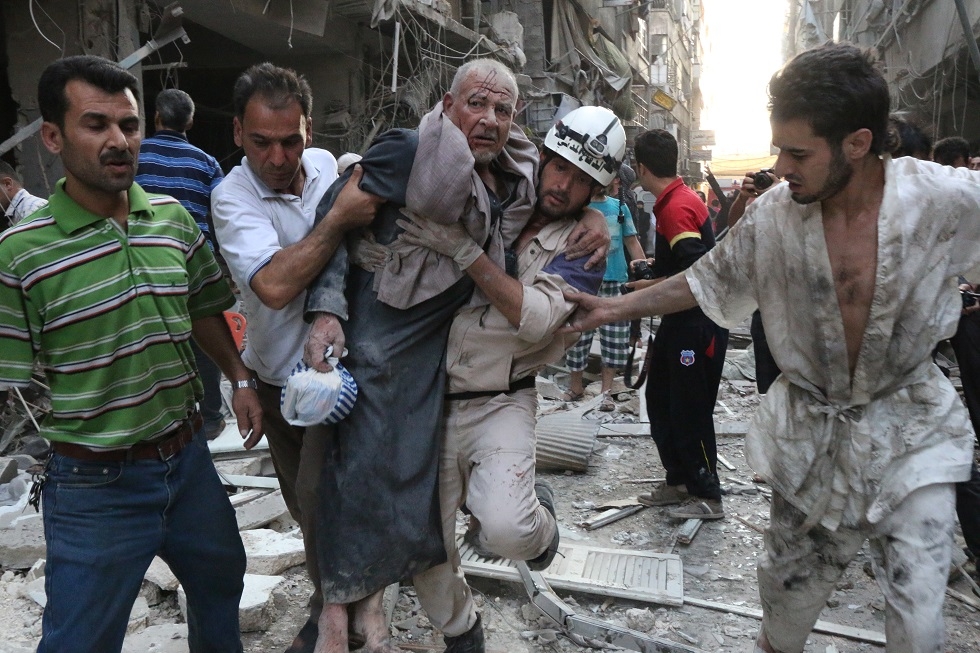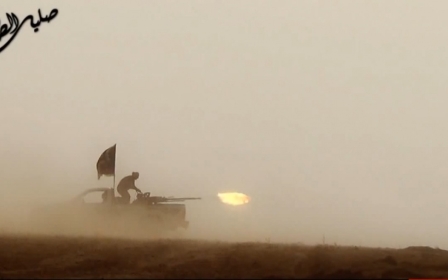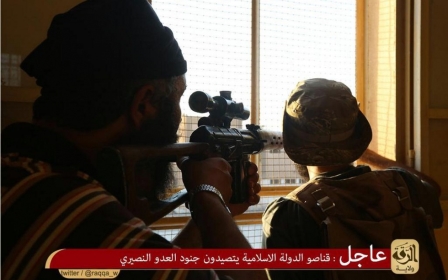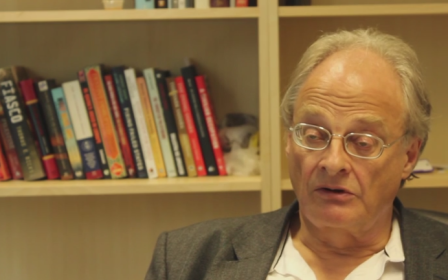2,500 people killed in Syria during Ramadan

Almost 2,500 people were killed in Syria during the month of Ramadan, the Syrian Network for Human Rights reported on Monday.
Of these, an estimated 1,440 were civilians killed by pro-government forces, including over 230 children.
433 rebels from unidentified factions reportedly died at the hands of Syrian army soldiers during the month beginning 28 June.
According to the report, the Islamic State killed dozens of civilians and over 200 rebels from other factions during the same period.
The monitoring organisation did not record the number of soldiers loyal to Syrian President Bashar al-Assad who were killed during the month of Ramadan.
However, significant losses were recorded by Assad’s forces, with reports on Tuesday that they have once again lost control of Shaar gas field, after retaking it from Islamic State fighters on Saturday.
Losses spark anger in army families
Continued losses among the ranks of the Syrian army have led to a wave of rage among its supporters, reports Arabic daily al-Arabiya.
The loss of Division 17 of the pro-government army in northern al-Raqqa province on Friday as Islamic State fighters overran a military base was a flashpoint for anger.
There were clashes on Tuesday in the northern coastal town of Jableh between the families of pro-government soldiers and government militias, reports al-Arabiya.
Similar scenes occurred throughout the country as forces supporting Syrian President Bashar al-Assad counted significant losses in the far north-eastern Hasaka governorate and around the west-central town of Hama, where they lost control of a military encampment.
Losses were recorded not just by Syria’s official army, but also by Lebanese fighters from Hezbollah, who have been battling alongside pro-Assad forces in Syria since early 2013.
During the past week, the group has buried 12 of its fighters, including the nephew of Hezbollah general secretary Hassan Nasrallah, reports Arabic news site Arabi21.
The losses, many of which were inflicted in the western Qalamoun province on the border with Lebanon, throw into doubt reports by Assad’s forces, who said several months ago that they had gained control over Jabhat Qalamoun, a key anti-government group fighting in the province.
Australia seeks arrest of Islamic State fighters
Australia issued arrest warrants on Tuesday for two of its nationals suspected of involvement in Saturday’s grisly attack on government forces in Raqqa province.
Unverified images apparently showing the two men, Khaled Sharrouf and Mohamed Elomar, holding the severed heads of soldiers from the 17th division circulated on Twitter last week.
The two Australians travelled to Syria in late 2013, reported Australia’s ABC News, and have now been issued with arrest warrants on suspicion of terrorism offences.
"As soon as they set foot on Australian soil they will be taken into custody," Australia’s counter-terrorism chief told ABC News.
Islamic State take advantage of gains
Meanwhile, Islamic State supporters on Twitter seem buoyed by recent advances they have claimed.
One, whose handle is Ja’far, claimed on Tuesday that dozens of fighters from the Free Syrian Army had defected to IS during fighting in the town of Akhtarin in Aleppo governorate, far northern Syria near the border with Turkey.
He claims that fighters from Jund al-Aqsa, another rebel group active in Syria’s war, have now joined IS.
He also said that soldiers loyal to Assad had attempted to flee the fighting in al-Raqqa by posing as civilians, commenting that “morale…is terrible.”
In Aleppo, the Islamic State have opened a marriage bureau, according to reports on Monday by the British-based Syrian Observatory for Human Rights.
Single women and widows can register their names and addresses at the office - IS militants will then be able to make a formal offer of marriage to their families.
According to the monitor, it is the first time such an office has been set up.
Middle East Eye propose une couverture et une analyse indépendantes et incomparables du Moyen-Orient, de l’Afrique du Nord et d’autres régions du monde. Pour en savoir plus sur la reprise de ce contenu et les frais qui s’appliquent, veuillez remplir ce formulaire [en anglais]. Pour en savoir plus sur MEE, cliquez ici [en anglais].




